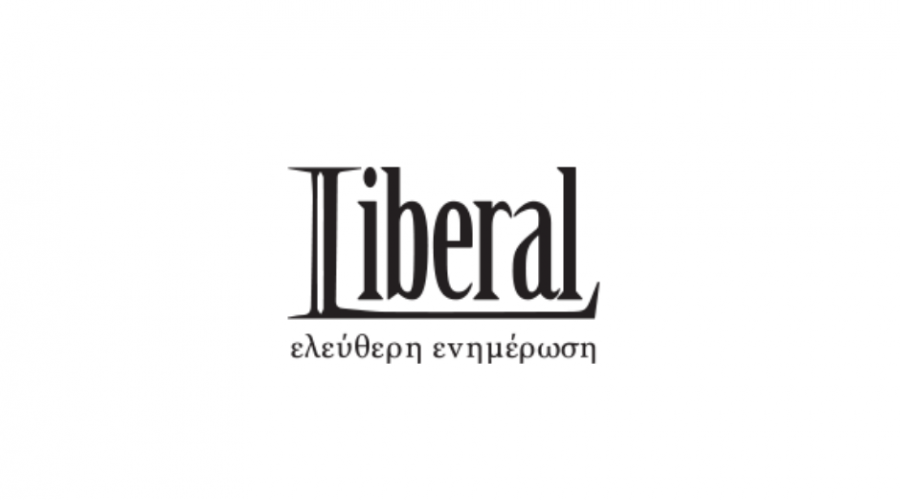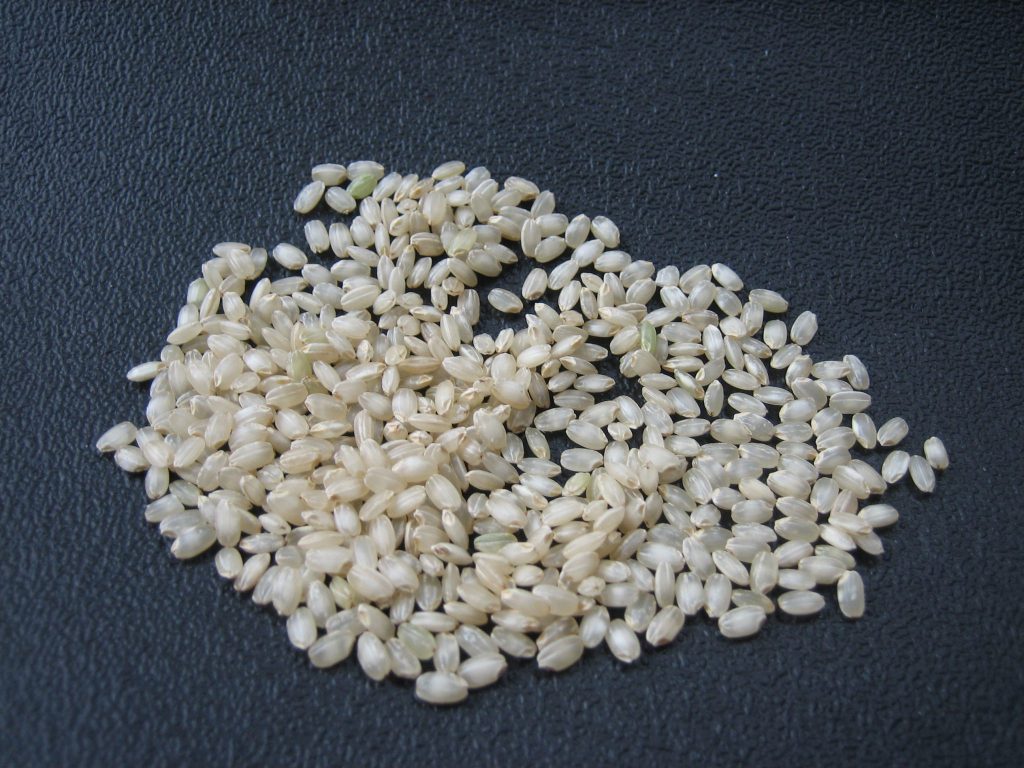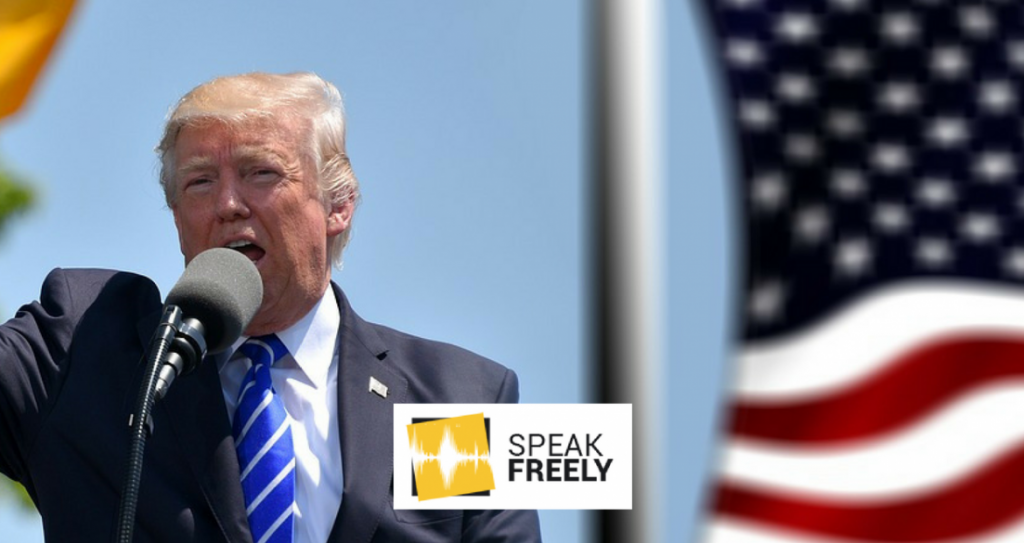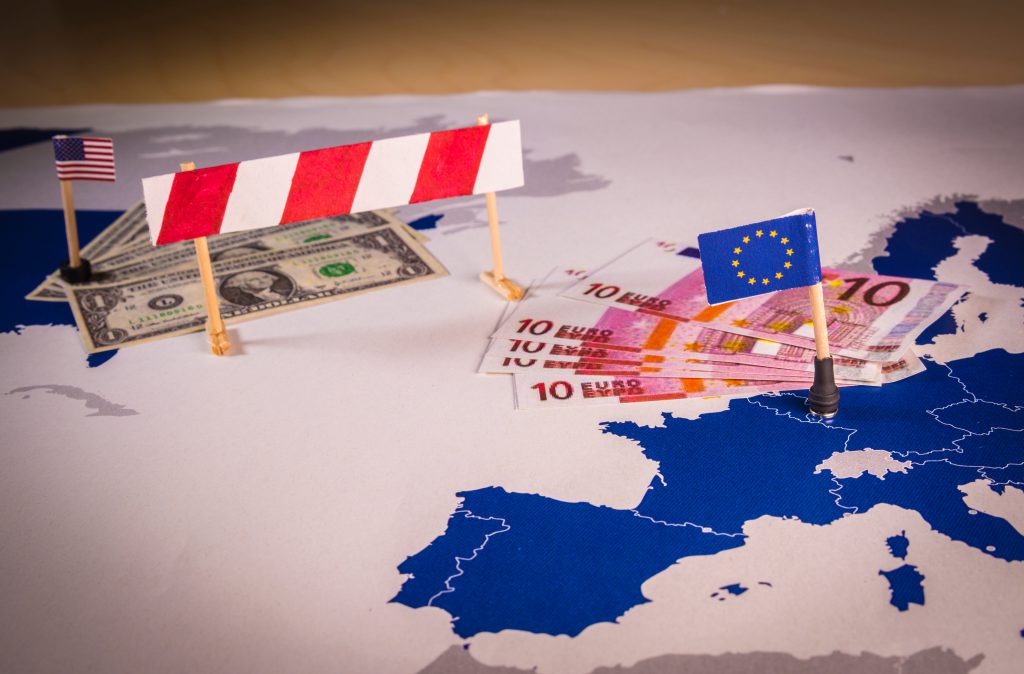
Trade representatives of the European Union and the United States are meeting today to discuss the scope of EU-US trade talks. The United States argues for an opening of trade relations on food, while the European Union wants to avoid...

Should we slash post-Brexit tariffs on food imports to offer consumers cheaper goods? Bill Wirtz, policy analyst at the Consumer Choice Center, says YES. Contrary what the protectionists will tell you, tariffs don’t only hurt the country upon which they...

Του Bill Wirtz Η Ευρωπαϊκή Ένωση δηλώνει ότι είναι έτοιμη να ανταποδώσει τα νέα δασμολογικά μέτρα που θα προτείνει / εφαρμόσει η κυβέρνηση Τραμπ. Το να αφήσει όμως τον Τραμπ να “κερδίσει” τον εμπορικό πόλεμο θα ήταν πολύ εξυπνότερο. Ο...

The European Union introduces tariffs on rice from Cambodia and Myanmar in an effort to protect Italian farmers. Another example of “free trade” à la European Union. It was announced last Wednesday that tariffs on rice from Cambodia and Myanmar...

During European Commission president Jean-Claude Juncker’s visit to Washington D.C, Donald Trump once again suggested a tariff-and subsidy-free trade area between the European Union and the United States. Yet, the American president continues to fall on deaf ears, for reasons...

Within the next 30 days, the European Union wants to respond to new US tariffs on steel and aluminum, which were imposed by the Trump administration. After an initial exemption, the president now seems to be more determined to follow...

Last week, the US Department of Commerce released a statement in which it announced new tariffs on Canadian plane imports. The description “Duty Determination on Imports of 100- to 150-Seat Large Civil Aircraft From Canada“ will sound oddly specific to most readers,...
Free Trade For Us is a single-issue campaign produced by the Consumer Choice Center and supported by partners to raise awareness about the positive impact of free trade and to show policymakers all over the world that the millennial generation is united against tariffs, trade barriers, and retaliatory measures that only hurt consumers and workers.
© Copyright 2018 All Rights Reserved